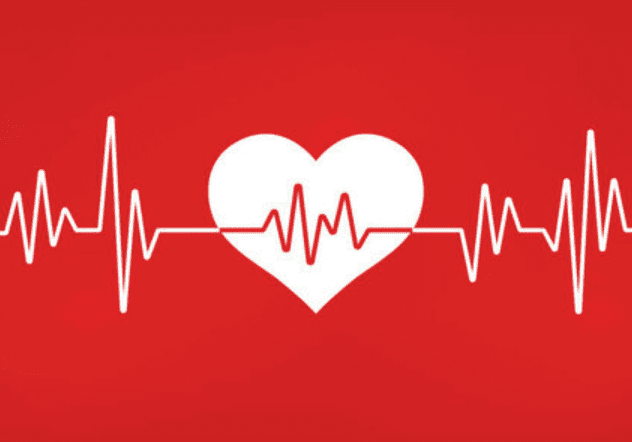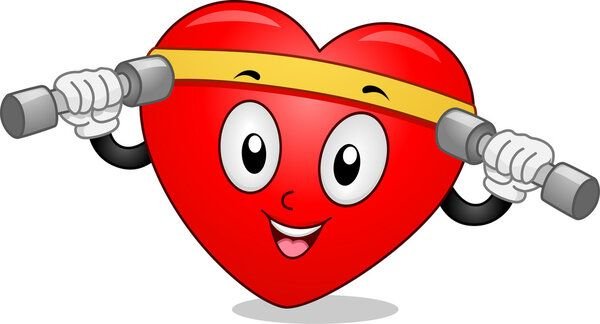PoTS is defined by a rise in heart rate of >30 beats per minute (bpm) in adults and >40 bpm in teenagers while upright, without a fall in blood pressure (BP; orthostatic hypotension). The symptoms present as dizziness, fainting, chest pain, brain fog and fatigue. Symptoms of orthostatic intolerance are usually relieved by sitting or lying and may be exacerbated by stimuli in daily life that cause vasodilatation, such as food ingestion, exertion and heat. The symptoms of PoTS can make it hard for the individual to remain active. As a result they become deconditioned. This can lead to further limitations as it can be hard to participate in simple day-to-day tasks like walking, going to school, or shopping.

